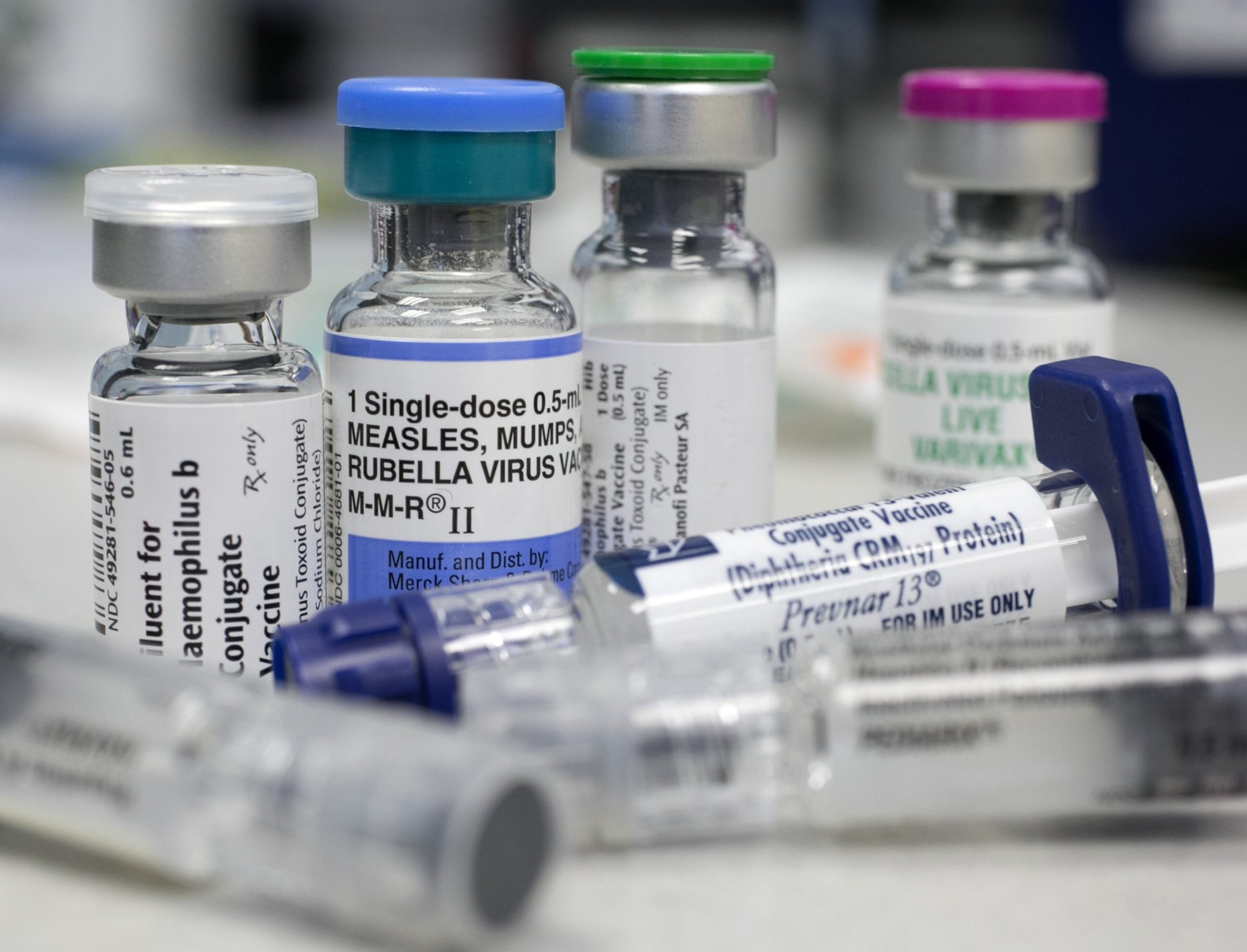Back to school: Vaccine requirements for Georgia students
Are vaccinations on your back-to-school checklist? If a child is entering daycare, Head Start, pre-K/kindergarten, middle school, college or enrolling in a Georgia school for the first time, a completed Certificate of Immunization will need to be on file at the school within 30 days of enrollment.
Are school vaccinations mandatory? Can students start school without immunizations?
By Georgia law, school vaccinations are required for attendance unless a parent or guardian provides a religious or temporary medical exemption form.
For religious exemptions, the child must have a notarized affidavit stating that vaccinations are against the family’s religious beliefs.
A temporary medical exemption can be granted for up to one year for specific vaccines. This must be marked and signed by a child’s private physician, advanced practice registered nurse (APRN) or physician assistant (PA) on the Certificate of Immunization.
In the event of a vaccine-preventable disease outbreak, students with the above exemptions will not be able to attend school until the outbreak is contained or the child is vaccinated.
Are school vaccinations free? How much do they cost?
Most health insurance plans cover the required immunizations.
For children who are Medicaid-eligible, underinsured or uninsured, the Vaccines for Children (VFC) program offers shots at no or low cost through enrolled providers. For more information, contact the Georgia Immunization Program at 404-657-3158.
Where can I get immunizations for my child?
- Your family physician or pediatrician
- Local pharmacies
- County public health departments typically provide immunizations and other health screenings with extended hours in the weeks before school begins.
MORE: 15 ways to get free supplies before your kids head back to school
MORE: The end of summer break: here's when metro schools re-open

Which vaccines are required for school enrollment?
- Diphtheria - a bacterial infection spread from person-to-person, typically by coughing or sneezing; can lead to difficulty breathing, heart failure, paralysis and death
- Hepatitis A - a liver disease caused by the Hepatitis A virus spread through person-to-person contact or contaminated food or water
- Hepatitis B - a liver infection caused by the Hepatitis B virus spread through blood, semen or other body fluid contact
- Haemophilus influenzae Type B (Hib)- a bacterial disease that can spread from person-to-person and cause meningitis, pneumonia, breathing difficulty, serious infections and death.
- Measles - a viral infection spread through the air by coughing and sneezing
- Mumps - a viral infection spread through saliva or mucus from an infected person talking, sneezing or coughing
- Pertussis (whooping cough) - a respiratory bacterial disease spread through coughing, sneezing or shared breathing space; can lead to pneumonia, trouble breathing, and death in babies and children
- Polio - a crippling viral disease that infects the brain and spinal cord causing paralysis or death; spread through contact with an infected person and contaminated food or water
- Rubella (German measles) - a viral disease spread through coughing and sneezing
- Tetanus (lockjaw) - a bacterial infection spread from contaminated objects, soil, dust or manure; can lead to jaw cramping, trouble breathing and swallowing and death
- Varicella zoster (chickenpox) - a viral infection spread by touching or breathing near an infected person; causes itching and blisters and can lead to skin infections and pneumonia
- Pneumococcal - a bacterial disease spread through coughing, sneezing or other contact with respiratory fluid; can lead to pneumonia, meningitis and death
A sample Certificate of Immunization can be viewed online on the Georgia Department of Public Health site.
Follow Georgia Schools News on Twitter
In other back-to-school news:


